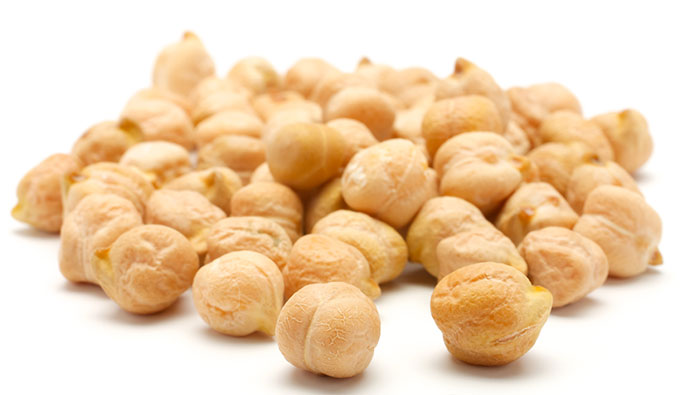
Did you know chickpeas are a primary source of protein nutrition for approximately 20 percent of the planet? Douglas Cook, professor in the Department of Plant Pathology, has dedicated his research to legumes at the Chickpea Innovation Lab at UC Davis. “We started focusing on chickpeas when we turned the lab’s focus toward the developing world,” he said. “Chickpeas are most important in the developing world.” Here are some facts about one of the most-consumed legumes — also known as the garbanzo bean:
The chickpea is ancient.
Chickpeas originated in the Fertile Crescent in ancient Mesopotamia. Early agriculturalists domesticated numerous crops that continue to be important today, including the chickpea, lentil, pea and wheat.
Chickpeas are predominantly important in India.
“India produces a majority of the world’s chickpeas, but that level of production is insufficient to meet local demand,” explained Cook. As a result, India is not only the major producer but also one of the major importers of chickpeas.
Genetics play a role.
Historically, chickpea breeding has focused on the descendants of the original domesticated species. At the Chickpea Innovation Lab, Cook focuses on plants that preceded domestication and therefore have a greater diversity of traits. His lab looks at these traits in relation to the crop’s performance, making varieties that require fewer inputs of water, fertilizer and pesticides.
Chickpeas are versatile.
They’re quite common in vegan cooking. “The aquafaba, the water that comes out of chickpeas,” Cook said, “can be whipped into a meringue-like substance!”